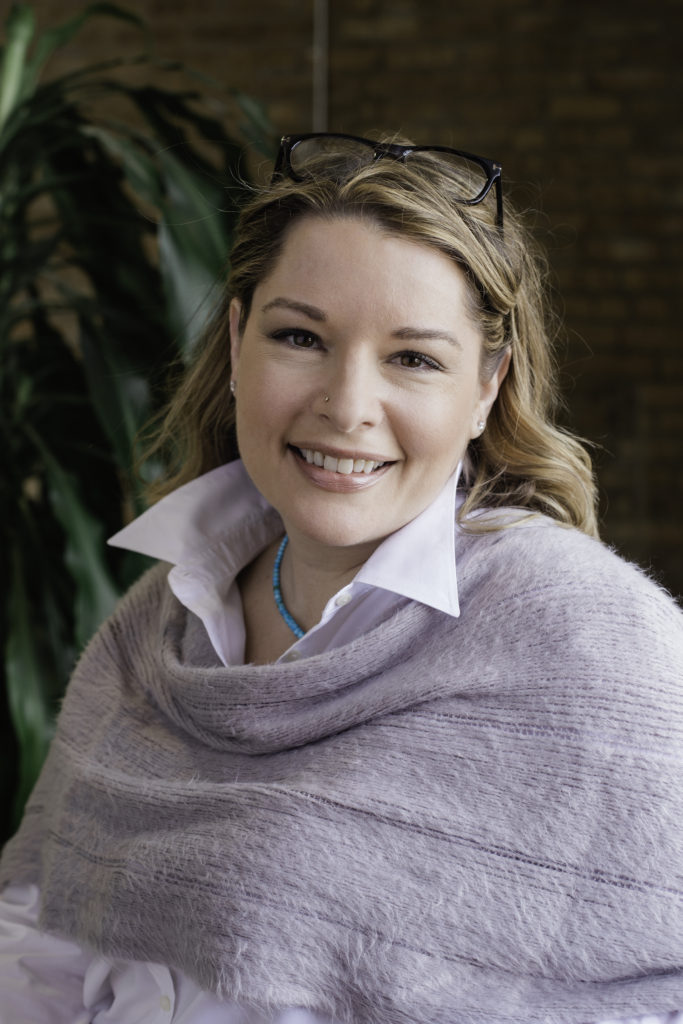
About Us
Our Mission
At Inner Sanctum Psychology, we are dedicated to empowering survivors and helping them thrive. Here, “survivor” means a person who has been made to feel “othered” or “less-than.” They might be a person who has experienced interpersonal, combat, health, or environmental trauma. They might be a person of color or a person who identifies as a member of the LGBTQ+ community. They might be a person who feels oppressed by social gender roles or a person who identifies with many of these categories. Our work helps clients break free from the trauma, heal, build resiliency, and recognize their potential so they can live their fullest lives. We help survivors realize they have the power within themselves to work through the suffering and grief of trauma towards a life worth living.
Our Approach
Individual Therapy
Inner Sanctum Psychology provides evidenced-based and culturally competent mental and behavioral health treatment. Sometimes practitioners focus on depression, anxiety, and relationship issues as if they are separate from a person’s traumatic experiences; treating the symptoms rather than addressing the cause. This would be like treating a painful bacterial infection with painkillers but not antibiotics. If only the pain is treated, the bacteria continues to fester and cause more symptoms. If the source of the infection, the bacteria, is eliminated, the symptoms will remit. At Inner Sanctum Psychology, we see untreated or unresolved trauma at the core of mental health symptoms and maladaptive coping skills. We understand that it can be extremely difficult to talk about painful and scary events and feelings. Before we start working on trauma, we ensure the client is able to tolerate the process by assisting survivors to build helpful coping skills, increase their window of tolerance, and help them connect with their inner sanctum; that innermost vulnerable part of the self that is hidden away in the trauma response. Through this therapeutic journey, clients build a healthy relationship with the self and heal from the betrayal, grief, and suffering of trauma.
Relationship Therapy
Our approach to relationship therapy is rooted is evidenced-based and culturally competent theory like the Gottman Method. Communication boundaries are established and relationship goals are identified in the initial session. In general, the therapeutic process focuses on increasing interpersonal understanding of each partner’s worries, fears, and hopes; increasing mutual appreciation, respect, and fondness; identifying and effectively responding to bids for affection; improving conflict management and understanding the role of conflict in a healthy relationship; increasing effective communication skills; and developing a shared narrative for the future of the relationship. Throughout the process, the relationship is treated as the client. Every effort is made to refrain from aligning with any member of the relationship. As such, the therapist does not hold confidences for any member of the relationship. Successful relationship therapy relies on earnest and honest participation, a willingness to practice vulnerability; an open attitude to self-reflection; and a willingness to take responsibility for one’s role in the relationship.

Jeanine Moreland, PsyD (She/Her)
Dr. Moreland is a licensed Clinical Psychologist and the founder/owner of Inner Sanctum Psychology. She knows from personal experience the rigors and benefits of therapy. She is a survivor of childhood sexual abuse, she has learned how to tame her anxiety and channel it into achievement, and she identifies as a “reformed perfectionist.” Dr. Moreland lives in Chicago, is married, and has two school-aged children. Her first career was in advertising building client relationships and international brands. After a decade in advertising, she decided to pursue her passion for helping people, especially those who have been made to feel “less-than.” She completed her doctorate in clinical psychology at The Chicago School for Professional Psychology. She focused her training on working with trauma survivors and members of the LGBTQ+ community, as well as administering evidenced-based and culturally competent treatments. She has worked in community counseling centers, hospital and VA settings with children and adults. She builds effective therapeutic relationships with a mix of empathy, humor, and direct communication.
Dr. Moreland is passionately committed to helping people who have been made to feel “less-than,” who have experienced trauma, and who are struggling to identify and live their most authentic and fulfilling lives. Being a clinical psychologist is her vocation, her life’s purpose. She whole-heartedly believes every survivor can be a thriver; that they can realize their own power and resiliency and live their fullest, most fulfilling, and authentic life.

